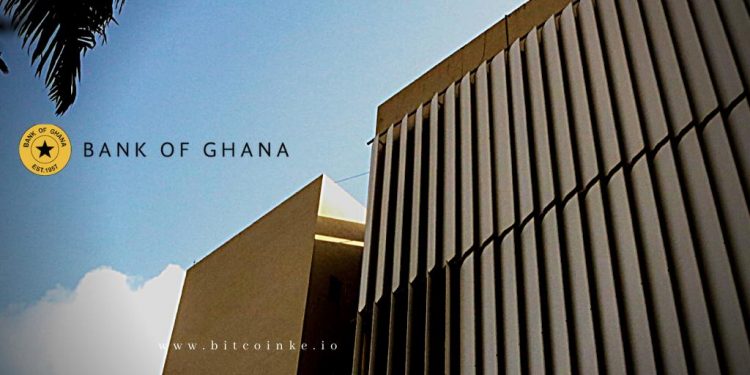The creation and subsequent implementation of the 2021 Budget Statement is to ensure generation of enough primary balance to support debt reduction in the medium-term.
This, according to the Head of Research at the Central Bank, Philip Otoo, is government’s intention underpinning the macroeconomic framework of the 2021 budget.
Delivering remarks on behalf of Dr Ernest Addison, Governor of the Central Bank during a virtual seminar on the 2021 budget organized by the Ghana National Chamber of Commerce and Industry (GNCCI), Mr Otoo noted the 2021 budget is to ensure that coming out of the Covid pandemic, government will be able to generate enough resources to help support implementation of its programmes for the year.
In addition, it is also to help restore the country’s fiscal finances to a more sustainable path.
“What the budget has done, is to carefully look at expenditure and revenue measures and see what can be done to help return the country’s fiscal finances on a sustainable path. The budget has been crafted in a way therefore to ensure that enough primary balances will be generated to return to a positive trajectory to support debt reduction in the medium term. And to be able to do this, government has brought on board new revenue measures as well as expenditure containment measures to help achieve this goal,” remarked Mr Otoo.
Speaking further, he intimated that despite the challenges faced by the Ghanaian economy due to the impacts of the Covid pandemic, the 2021 budget supported by both fiscal and monetary policies aims to deliver sound and stable macroeconomic conditions.
“Challenges faced by the economy due to Covid-19 impacts are still lingering and we would have to deal with them especially in 2021, at the same time these challenges are no excuse to allow the economy to move in a certain direction that does not work for us and we must aim to deliver sound and stable macroeconomic conditions despite the challenges we have,” he stated.
Concluding his remarks, Mr Otoo, stated that the Central Bank will continue to remain vigilant to ensure low and stable inflation as well as ensure that the banking sector continue to remain stable to help support economic activity.
Ghana’s public debt currently stands at Ghs 291 billion representing some 76.1 per cent of Gross Domestic Product (GDP). Primary balance deficit recorded at the end of 2020 was 5.3 per cent of GDP.








